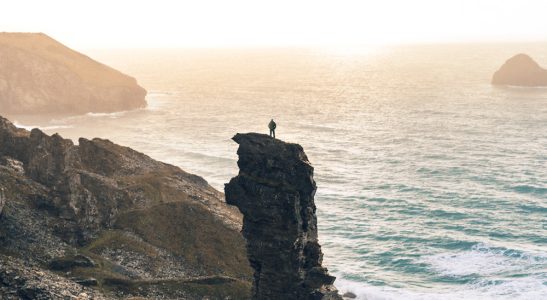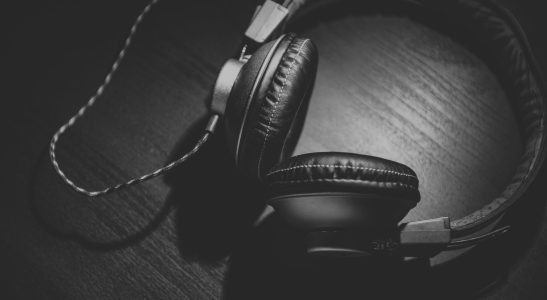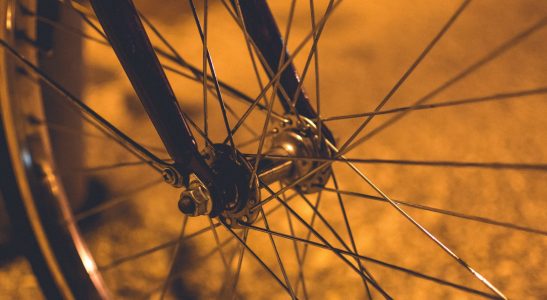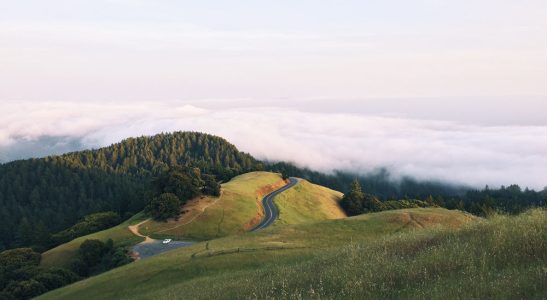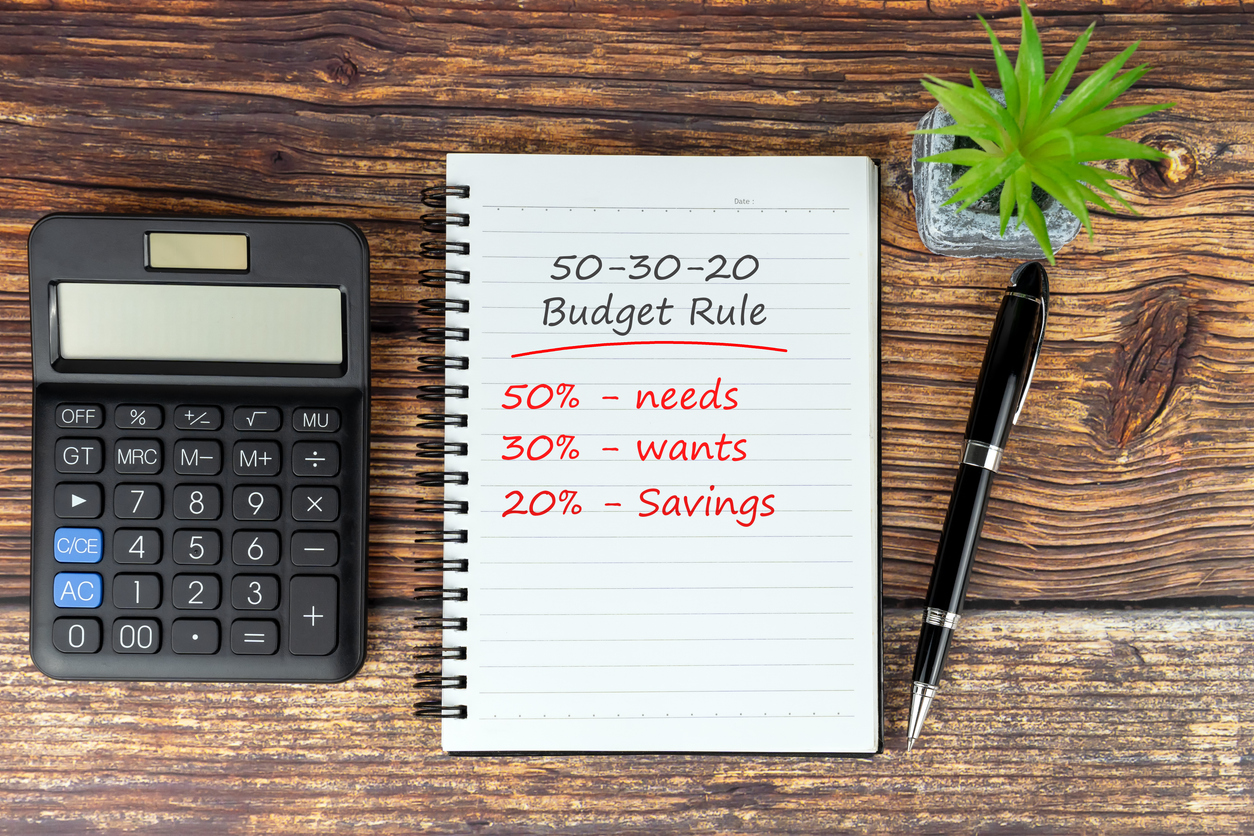Caring For Our Environment: Let’s Learn From The Lorax
Sustainable Living | 28th August 2021 by Gillian Fowler
How are you feeling about more changes to your routine and returning to the office? Gillian shares her thoughts on the impact returning to workplaces may have on our mental health at a time when our decisions and actions have never been more intertwined than they are today, when it comes to our wellbeing and caring for the environment. She says the movie, Dr Seuss’ The Lorax is a good point of reference for us all.
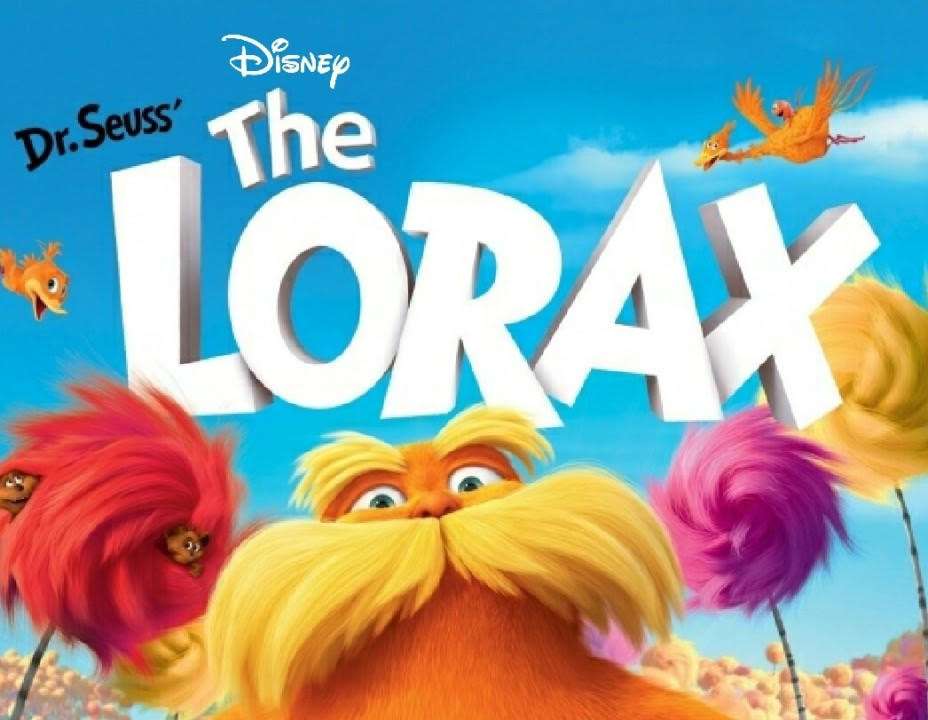
COVID-19 has had a profound impact on every part of our lives, and those of our family & friends. For many, we are the lucky ones who have not caught this virus, but in the UK alone, nearly 6.3 million have, with over 131k deaths recorded since March 2020. Globally, near 209 million have now had COVID, with 4.38 million deaths.
The national and international news is full of updates, stories, government stances and the changing restrictions imposed on us trying to keep us all safe. The only thing we do know is that COVID is here to stay, at least for the foreseeable, and we all need to take this seriously.
Everyone’s experience of this pandemic is different, but what we all share is a change to what was, our normal lives. We all learned to adapt to a very different way of living, protecting ourselves and loved ones from COVID-19, while also becoming acutely aware of the impact the pandemic is having on our jobs, health, environment and ultimately our future.
Change is a hard one to measure, and there are varying responses ranging from welcoming change to resenting and resisting it. However, as we emerge from the darker days of this pandemic which now sees the incredible vaccination programme here in the UK, I am aware of those around me who are talking about perceived positives, and also the hopes that some changes will remain permanent.
Those changes we might wish to remain include less commuting due to widening Flexi home-working schemes; our new shopping choices and habits; eating healthier and exercising more; being more environmentally focused, and looking at better ways to live and work.
However, as some businesses now plan for a return of their workforce, there is a growing tide of uncertainty and fear, with preferences for office or home working not being fully taken on board. In the UK, all four nations have announced the easing of the lower rung of restrictions, with employers, urged to offer a phased return to help employees adjust once more.
Many companies have asked their teams to find out what their employees’ preferences are towards returning to the office full-time, or for home or blended working, with many organisations implementing new Flexi-Working Policies. Others remain on a willful path returning to pre-Covid arrangements, advising all staff members that they must return full-time to the office, regardless.
It makes me wonder how our mental health will be impacted during this next stage of the pandemic. This time, the concern does not so much stem from the virus itself, but from how employers will ensure business activity continues while they protect the wellbeing of all employees at the same time.
Granted, some people’s roles mean it’s imperative for a full-time return to their place of work, however, there’s still a large proportion who can easily and effectively work from home. For those preferring some form of homeworking, surely a blended approach would also help environmental efforts, because at the very least, commutes can potentially be halved!
Considering this predicament, I don’t recall a period of time when I have witnessed so much focus on conscious choices, giving greater emphasis to our wellbeing, our work/life balance, and also how the decisions we make can impact our planet.
Environmental concern is nothing new, but there is a distinct wave of change when it comes to attitudes, and I’m seeing this even more so amongst younger generations. There appears to be genuine care across all age groups, with fewer dismissing climate change as a fad or something that is so big that we can’t help or make a contribution. The ripple effect of environmental issues being drip-fed to the world is working!
We all have a part to play in sustainability and carbon capture. This topic is not going anywhere, and with regards to the oil & gas industry, there are giant leaps forward being made making a positive and measurable impact.
The green movement has become a clear priority as a way for us all to continue operating in the short and longer term. But how can we relate these topics to all ages, whereby we all feel we have a part to play in protecting our environment?
There are, of course, conferences and global conventions giving focus and attention to the subject of the environmental challenges facing our planet. For instance, the United Kingdom will host COP26, the 26th UN Climate Change Conference taking place in Glasgow in November 2021 where world politicians, business leaders, interest organisations and groups will gather to discuss how they will tackle the issue in the years ahead.
Last year, I had great delight in watching the film, Dr Seuss’ The Lorax and I hope attendees of COP26 have watched it too! Yes, this is a film primarily aimed at children but without doubt, it is a great watch for all ages. The film most definitely holds relevance to everyone. The movie is uplifting, colourful and fun yet very clever in highlighting environmental issues, as well as subliminally messaging on consequences, personal growth and fighting for what you believe in.
For those of you who have not watched the film, The Lorax is the keeper of the forest, protecting the environment for all generations now and in the future. The land is beautiful until the Once-ler arrives as a young inventor, and soon becomes influenced by family and greed – cutting down trees despite The Lorax’s warnings and until the land becomes barren and unhabitable for the animals to stay and live.
A 12-year-old boy, Ted, finds the Once-ler many years later, with a desire to grow a tree and to learn what happened before. The Once-ler reveals to Ted his selfish actions from years previously, and how he ignored the efforts from The Lorax and the animals to stop him, while also trying to educate the boy and to show him why everyone must be involved in safeguarding the land.
Essentially, the Once-ler tells the story of the devastation resulting from his thoughtlessness and selfish decisions, where he chose greed and wealth without seeing the impact his decisions were having not only on the environment but on those around him too.
It was only after the damage was done when the realisation sank in for him and when he reveals his hope that the damage can be reversed. The Lorax’s guardianship could not do this alone; it would only be possible if people genuinely care a great deal to fight and make things right. And so the film continues (I don’t want to spoil it!).
What also struck me was The Lorax was first published in 1971 and turned into a film in 2012, yet the book and film are unbelievably relevant to the challenges we face today. Our actions and decisions can be either be a positive force or alternatively devastating on the communities around us, as well as the impact we can have on climate change. We need to keep looking at the bigger picture, see the potential impact and make decisions that will safeguard our planet and our people.
Our individual small changes may be a splash in an ocean, but as we know, those small splashes can build up to form a ripple and then become a stronger, more powerful wave and movement, where positive change can and will occur.
We all have a Lorax inside us – we are the guardians of this planet, and our actions must protect and preserve.
“Unless someone like you cares a whole awful lot, nothing is going to get better. It’s not.”
Dr Seuss
Share this post:
Hear from Solo Living now and then by signing up to our mailing list

